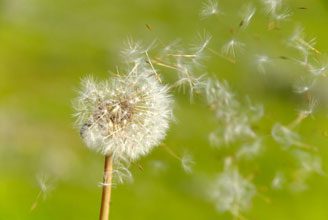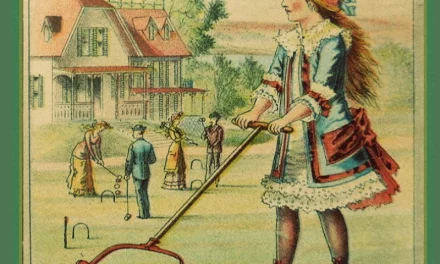It’s been written and spoken about ad nauseum how picturesque our corner of the world is. It’s why people come here in droves, it’s why pictures get shot here, so I won’t go into flowery language mode here. I’ll just say it’s very, very pretty and leave it at that.
I do want to get specific into one of the reasons why I think it’s “very, very pretty” here in South Carolina’s Lowcountry. It’s the shrimp boats. I always felt that way, I just never thought hard on the subject until making friends with a professional shrimper. The things one learns from a person who’s into his fourth decade on the water. For instance, the phrase, “opening up the beach,” refers to the time of year when SCDNR allows shrimp boats to come as close as they dare to shore in pursuit of those tasty crustaceans that make the best cocktail of them all.
It’s revealing when the shores open up and striking after being used to the safer, ivory tower, if you will, 3-mile limit. (For an idea of what this scene looks like, take a peek at my Instagram reel on @00sutty, but keep in mind it’s one of those things you kinda need to see in person to appreciate.) I have no doubt that the captains must be cognizant, so close to shore, about things like the wind and especially something so basic as the tides. We have 6’ to 9’ tides here, ya know. When the tide ebbs, what will be exposed? Oyster beds, sandbars, and old wrecks are a metaphor here in case you didn’t catch it. This is just a more elegant way of talking about “draining the swamp.” Words matter, don’t they?
I gotta agree with Matt Khan (y’all know he’s one of my go-tos) when he talks about true maturity:
It’s realizing the cost of winning an argument for all the hearts involved. From this space, you may come to see, the only reason anyone needs to be right is attempting to resolve how unsafe they feel. Dialogues can be healthy. Discussions are always helpful. But when such exchanges become an argument, only greater suffering is created for those that are more interested in proving their points than listening to others. This is the heart of empathy.
With a certain point of view, we can say that this empathy is selfish in nature. This is more appropriately called self-care. This is the kind of self-care that brings peace within. Everyone can feel for the truth of this aspect of self-care when you think of that one person or people that always seem to have warfare being waged on every level within. Those people aren’t fun to be around, are they? Never know when they’ll explode, do you? What’s scary is that they often don’t know enough to care when they’ll explode. Know that we all have degrees of this, but the more we can take ownership of such things within, the more it affects the world around us in a positive light.
I’m not usually one to go around quoting Bible verses, but when something is apt, it’s apt. “But whoever hates is in the darkness and walks in the darkness, and does not know where he is going, because the darkness has blinded his eyes.” 1 John 2:11 Yes, this can even include hatred of said darkness. Read that again. It’s all right there in the fine print.
Abraham Hicks posits, “In order for things to change, you have to see them as you want them to be rather than continuing to observe them as they are.” May I suggest a radical starting point where this statement is concerned? Refuse to choose. Refuse to choose which side is wrong. Refuse to choose which narrative to believe, for the most convincing lies are wrapped in a narrative of twisted truth. Refuse to fall victim to the endless debate of assigning blame. Refuse to be lured into the why’s, how’s, and what’s of an issue being exposed. Perhaps simply be thankful that it was exposed. “Imagine there’s no countries, it isn’t hard to do.” Refuse to bow to pettiness, for it is the heart of desperation. Ease up your desperate hold onto a rope that will only burn flesh with its caress.
A world where we simply consider how something felt, not the mindlessness of what was done. For one’s peak could be another’s valley. Life’s all about perspective, nebulous as that might be, not what actually occurred. Sometimes we don’t need the details, because that’s where the devil is. Sometimes indirect statements are best, so that we all draw our own conclusions without being dictated to about what conclusion should be found.
If there is one conclusion to be found, however, I submit that it’s EAT LOCAL! Those guys and gals are out there working hard.








